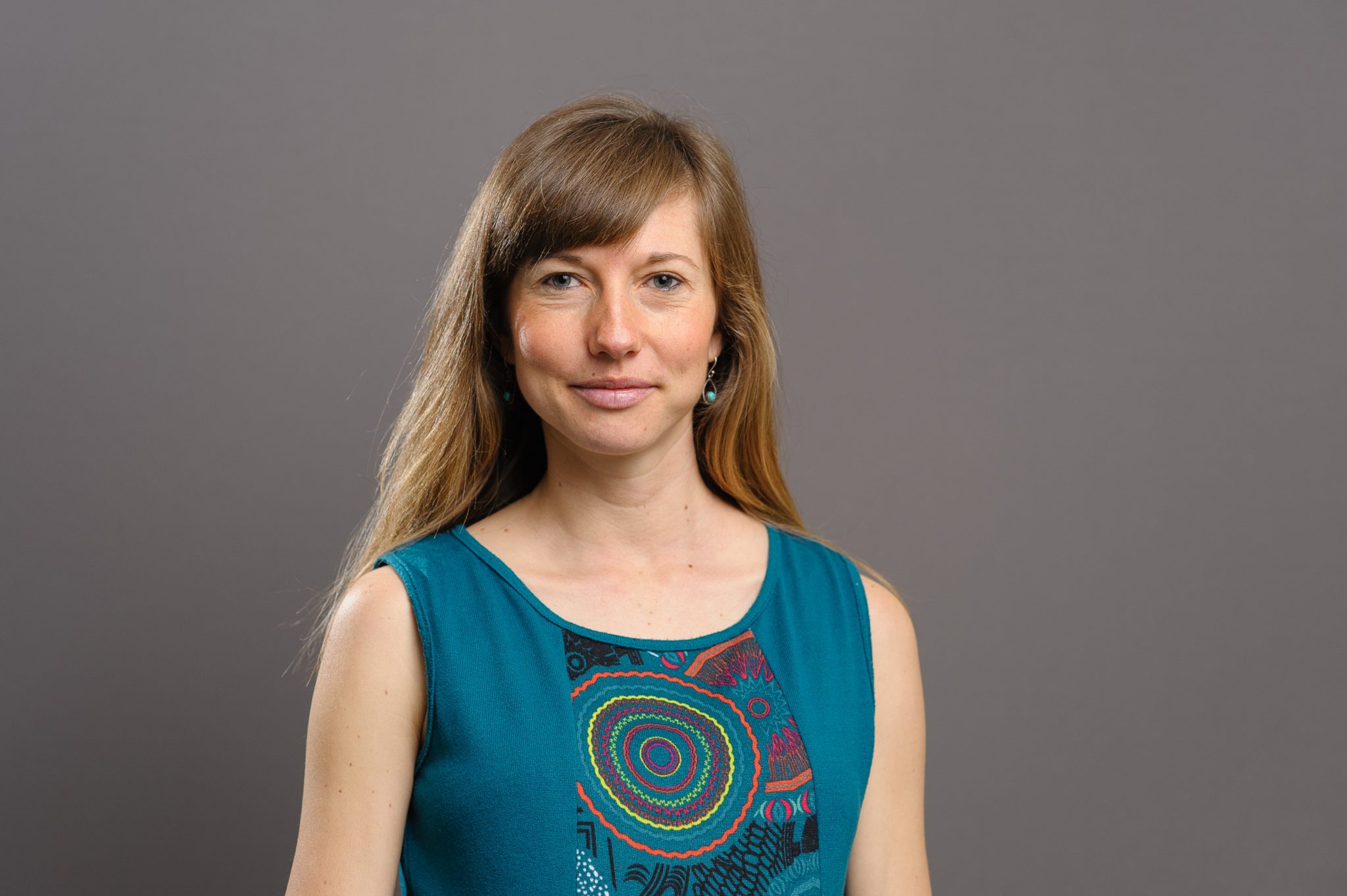In three sentences or less, briefly outline the project.
This project will be using cutting edge mass spectrometry techniques (analytical techniques that measure the mass of different molecules within a sample) to compare the blood biochemistry of early pregnant and non-pregnant mares. The ultimate goal is to understand the differences between early pregnant and non-pregnant mares to identify biomarkers (or measurable biological characteristics) to form the basis of a rapid and simple early pregnancy test. A rapid and simple early pregnancy test will identify non-pregnant mares earlier than conventional ultrasound testing and allow these mares to re-enter the breeding cycle. We will also be using novel laboratory models to investigate the interactions between early embryos and the maternal environment in the horse, ultimately looking for ways to improve pregnancy rates and reduce the incidence of early embryo loss in mares.
Why is this research project important?
Currently the most common way to detect pregnancy in mares is by transrectal ultrasound at day 14 after breeding. If a mare is found to be not pregnant, she can be bred again in about a week after the scan, meaning every missed cycle delays foaling by three weeks. Foals born later in the season have been shown to yield lower prices at sales and not to perform as well as their slightly older counterparts. An early blood-based pregnancy test that can be performed quickly at the could allow non-pregnant mares to re-enter the breeding program more quickly and reduce this delay, ultimately avoiding some of the wastage and lost profits associated with suboptimal fertility in thoroughbred breeding.
We also know very little about the causes of subfertility and the high rates of early pregnancy loss in horses, studying the interactions between the early embryo and the maternal system will help us identify and prevent some of these problems.
Why did you get involved in the project?
I joined Professor John Aitken’s lab in 2012 to do my PhD. Almost all the research at that time was focused on male fertility. I had worked in clinical veterinary practice in the Hunter so I knew first hand the struggles that mare owners and vets experienced on the ‘female side’ – high rates of early pregnancy loss and the growing demand for new pregnancy diagnostics.
This is a project I have wanted to do for a long time; I’ve spent several years thinking about the best possible approach and gradually planning out the project. I am thrilled to finally have the opportunity to get it under way and really focus in on the issue.









